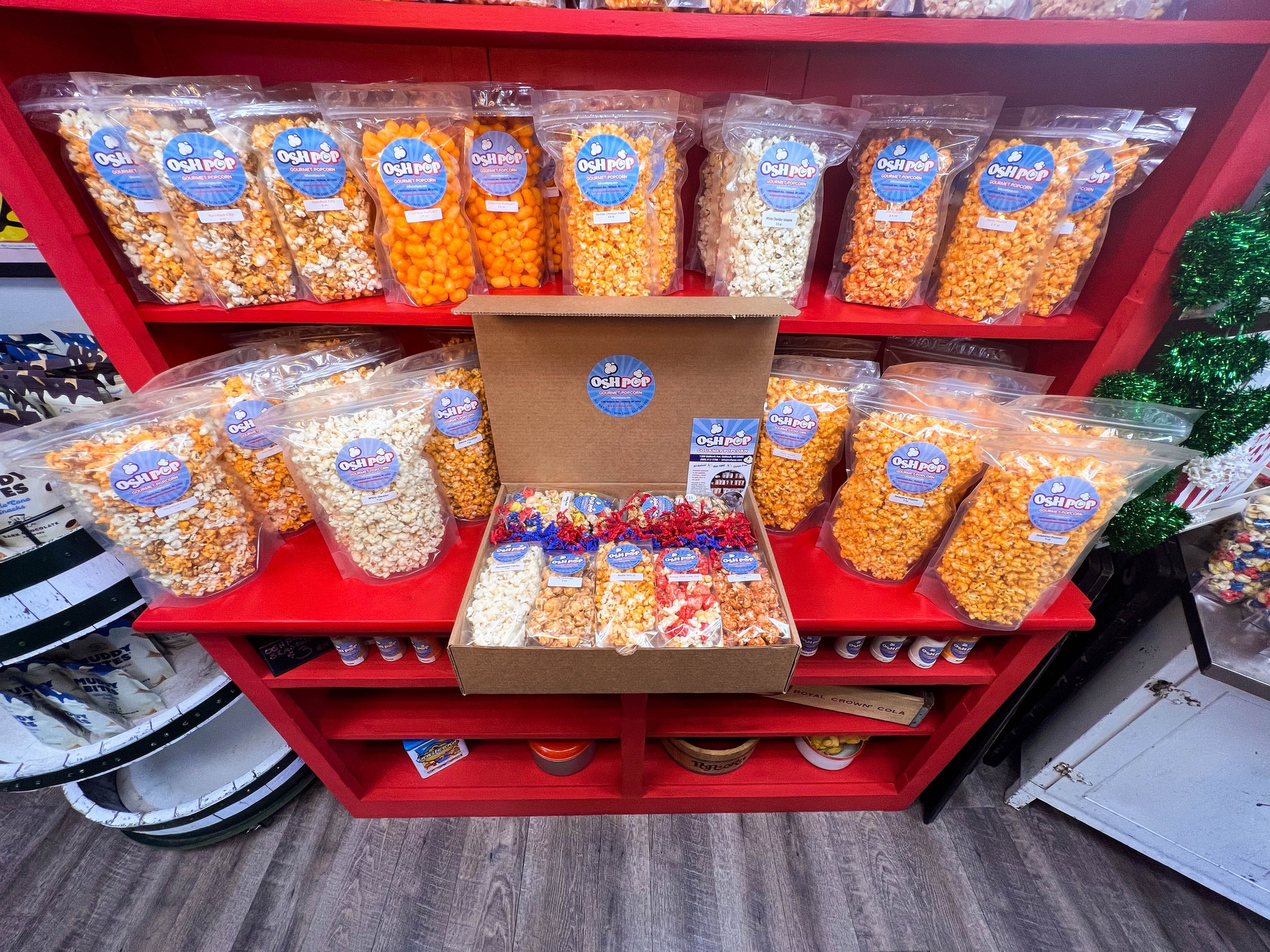As writers we wonder if our words matter. Most of us will never earn a living wage from our books or articles. Sure, there are exceptions and I am happy for them. But it hasn’t happened for me. But that doesn’t mean my words aren’t making a difference.
Years ago I was at a writers conference in Florida and an editor for Decision Magazine was there. After a brief conversation he asked me to write a piece on grief. At the time I had just started writing, but grief was an all too familiar subject in my life. He asked for “around three-hundred words,” a ridiculously tiny amount.
I sat down to write what became some of the hardest words I’d ever written. I can’t remember what I spent that $100.00 payment on, nothing fun I’m sure, and then I moved on to the next project.
About two years later I sat next to a woman while waiting to get my mammogram. We didn’t talk, it’s an odd feeling sitting alongside a stranger preparing to do something no woman wants to do. The obviously anxious woman picked up a ratty magazine that had likely been thumbed through hundreds of times since making its way to the waiting room.
The the woman’s tears flowed to the distinct sound of the flipping pages. I wanted to comfort here, to find out how I could help, but I sat there feeling helpless. She caught my eye, wiped her tears with the back of her hand, and began to explain what was going on.
She told she’d had breast cancer a few years prior and that the treatment had been brutal but successful. She’d had her yearly exam the previous week and they had found something suspicious so she was there for a followup. Compounding her stress was the fact that her mother had not been as blessed when she fought her battle.
“I can’t do it again,” she cried. “It was horrible and thinking about my mom and her death, well, I just can’t.” But then she looked at me with a glimmer of hope in those tear-filled hazel eyes.
“I was trying to take my mind of off things so I picked up this magazine and read about this lady. It’s so sad. Her husband was diagnosed with an incurable brain disease on their third wedding anniversary. They were devastated, but this lady, instead of worrying only about herself started a support group and she wrote a book and she travels and speaks trying to raise money and help others who are dealing with Huntington’s disease.”
Do our words matter? As I heard her share the key points of my three-hundred word essay that she had learned about in that impersonal waiting room I knew that they do. And I knew that God uses everything for his purpose in his timing.
They called her name and off she went. I didn’t see her afterwards as I got called in shortly after. I do know she went in resolved to fight whatever battle she was facing because she read my story in that waiting room. Writers rarely meet the people who have read something we write let alone hear that the words made a difference at a pivotal time in their lives.Still not a fan of mammograms, but I am a fan of being used by God.
From My Grief . . . A Purpose
“This isn’t fair, God!” I cried as tears coursed down my face. “This wasn’t supposed to happen.”
Earlier that day I learned my husband, David, had been diagnosed with Huntington’s Disease, a terminal neurological disorder. I held David in may arms and assured him that I was in this for the long haul.
But that night, after David went to sleep, the true me took over as I screamed out my silent rage.
In Philippians 4:13 we read that we can do all things through Christ. But I didn’t want to watch my best friend and husband of three years decline such that in the very near future he would be unable to walk, or talk, or eat solid food or take care of any of his own needs. I went from anger to isolation, and for nine months built walls around myself so I wouldn’t feel so much hurt. I now realize this was a mechanism that I was using to help cope.
Almost a year after the diagnosis, David and I attended our first Huntington’s convention, convention for Huntington’s patients, and my carefully constructed walls began to crumble. From the stage at the closing ceremony I read an essay I had written about my impressions as a wife who has just heard about her husband’s disease.
Afterward I was surrounded by people who were asking, “May I have a copy of your story? I want to give it to my counselor, my doctor, my wife, my pastor, my friends.” I had put my grief into words, and people could identify with my feelings of hurt and anger, loss and fear.
Nothing is ever wasted in God’s economy. He uses our gifts for a purpose far larger than ours. During the next three years, I started a Huntington’s support group, began a speaking ministry throughout the country, created a Huntington’s Web site and wrote a book about people who are dealing with this disease.
Understanding the disease process, and reaching out to assist others, helped move me from denial and depression to eventual acceptance of David’s disease. As I grieved for our lost dreams, I realized that our lives weren’t over, just different from what we had planned. I am assured God will never leave me and that He will provide for our every need. That assurance and trust in God get me through each day.





